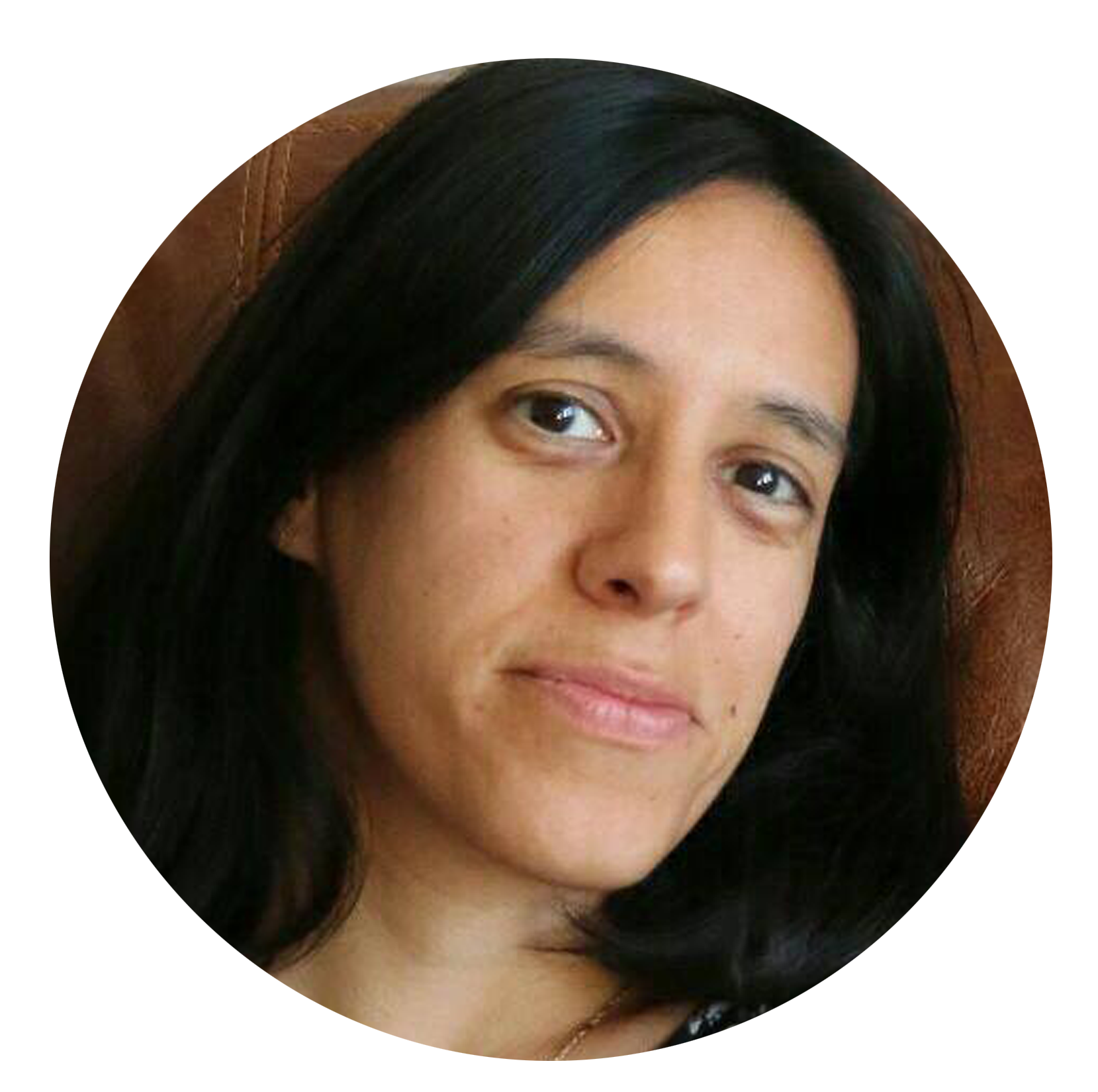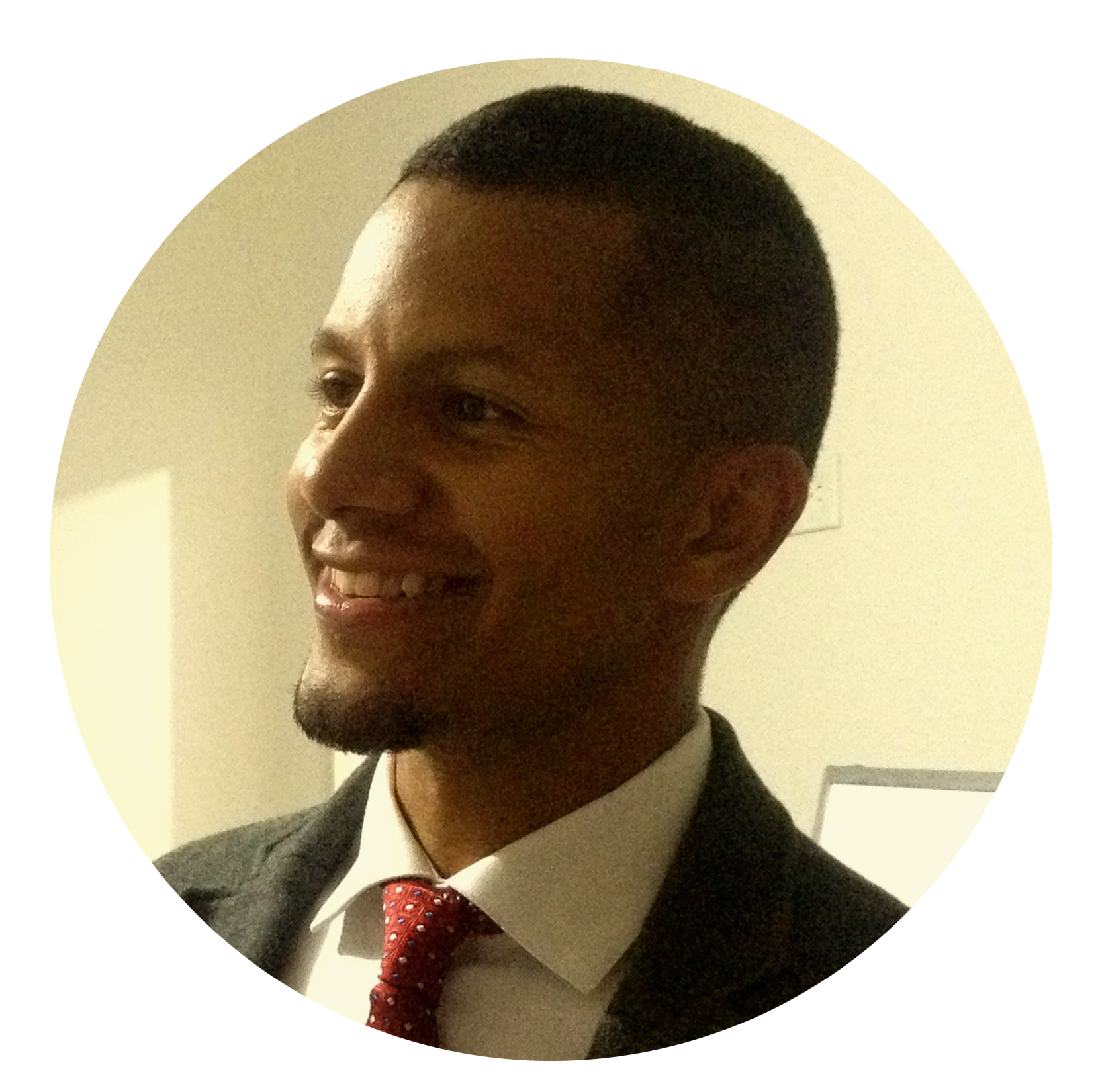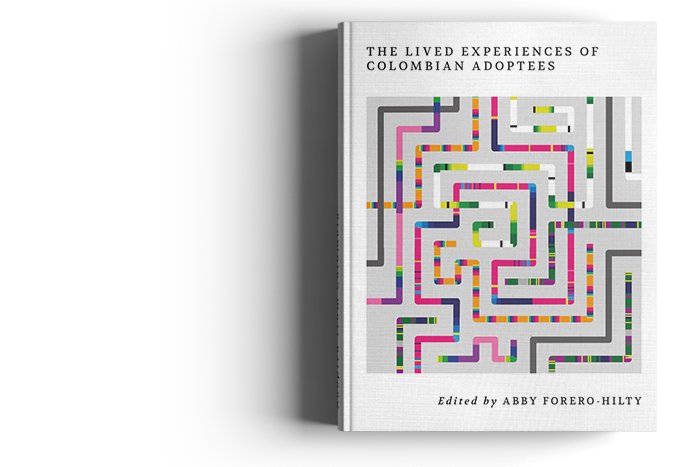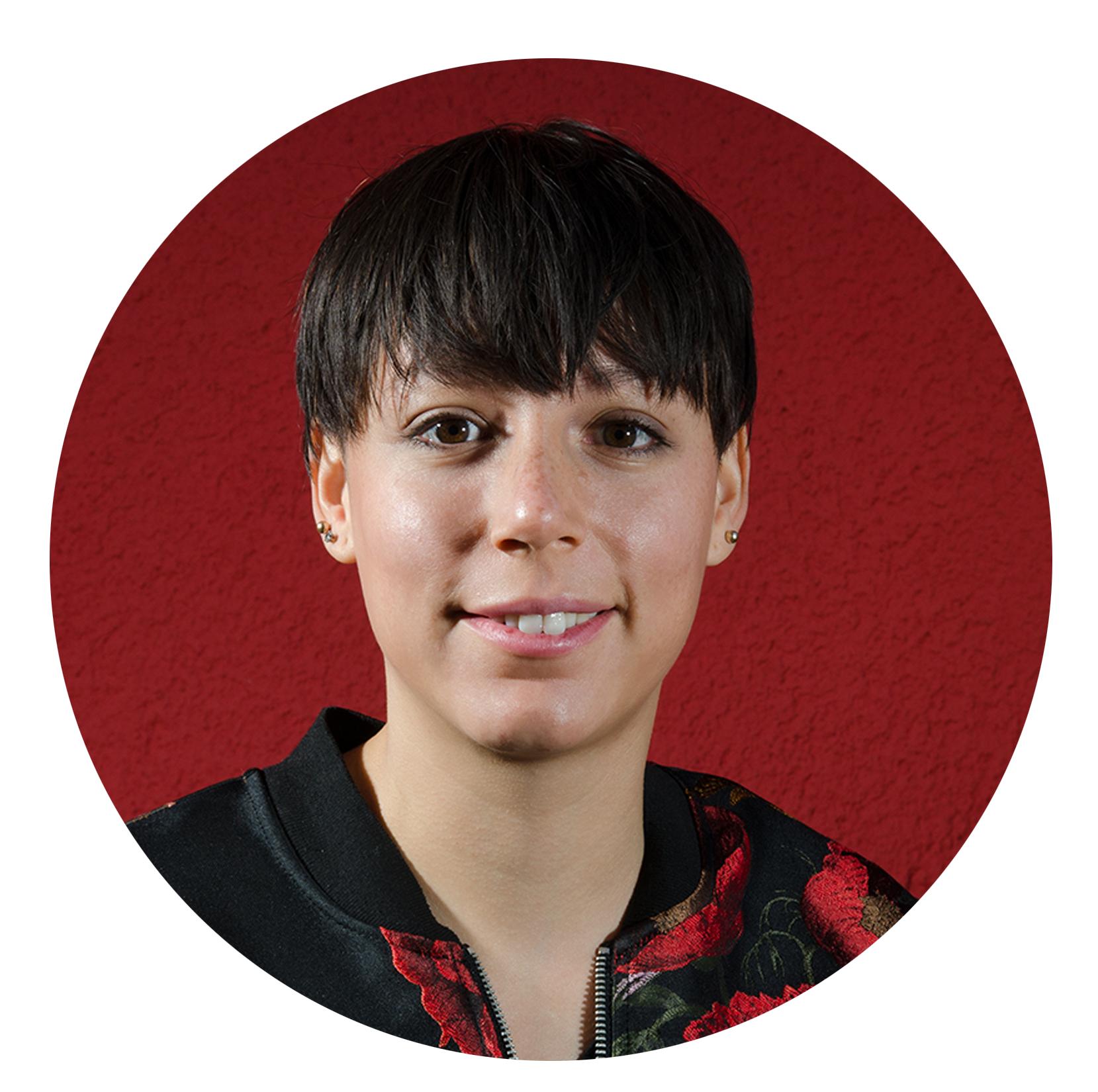what we do
The aim of this project is to reunite Colombian families torn apart by adoption, using an independent and reliable DNA test. Therefore, we are offering mothers/close family members of adoption loss in Colombia a free DNA test kit in order to assist them in their search for their children. Colombian adoptees who want to search for their families are also be eligible to receive a discounted DNA test kit through us if they have not previously tested with any of the major commercial DNA databases.
In order to achieve our goal—reunification of Colombian families of adoption loss—we need to increase the number of first mothers as well as the number of Colombian adoptees in the various DNA databases worldwide.
why we use DNA testing
Mothers who lost their child to adoption are usually forbidden to contact their child once the adoption has been finalized. Adoption lawyers and orphanages rarely provide information to these mothers on where their child has been placed or updates on how their child is doing. Adoptees’ requests for the names of their original family members are also almost always denied—even after the adoptee has reached 18 years of age—because of loss of data, failure to record data, destruction of data, and also falsification of data.
Being part of a worldwide DNA database offers adoptees and first mothers and family members a simple alternative to search for each other without lies and legal hurdles. Additionally, DNA allows definitive clarification of genetic relationships in cases where adoption paperwork is incomplete, incorrect, or even nonexistent.
This is us

Abby Forero-Hilty
Founder of DecodingOrigins
Abby was adopted from Bogotá at the age of two months and grew up in a small suburb of New York City. She received her bachelor of science in human biology from the State University of New York at Albany and her master of science in medical anthropology from University College London. Abby enjoys hiking, dancing, writing, traveling, exploring nature, and being with beloved friends and family. She lives in Toronto with her life partner and their two children. Since 2012, Abby has been reunited with her familia in Colombia.
Yennifer Dallmann/Villa
Head of Creations at DecodingOrigins
Yennifer is a Cologne-based student of sustainability and design, with a main emphasis on photography and conceptual design. She was born in Medellín in 1988 and adopted by a German couple when she was around two years old. Through her work she is trying to open up dialogue about international adoption and to speak up for those adopted children. She is still not reunited with her birth family, but looking forward to visiting Colombia to do more art-related projects. Yennifer wants to bring the voices of origin to those places where adoptees had been sent. For further information and recent works, visit www.yvilla.de.

Jacob Taylor-Mosquera
Head of Spanish-Language Communications at DecodingOrigins
Jacob Taylor-Mosquera was born in the city of Cali and adopted at eight months by a family from the Seattle area in the U.S. He received his bachelor of arts in international relations/Spanish in the U.S. and his master of arts in public policy with an emphasis in Latin America from Universiteit Leiden in the Netherlands. He was reunited with his biological mother and her family in 2004 and has since become very involved in helping Colombian adoptees become more familiar with their country of origin. Currently he is back in Cali teaching history and philosophy and will return to Seattle to teach Spanish, coach soccer and translate. Jacob enjoys traveling, dancing, writing, photography and is learning French.
Decoding Our Origins: The Lived Experiences of Colombian Adoptees is written by seventeen authors who were born in Colombia and adopted internationally. Their individual stories illustrate different aspects of the transracial adoption experience. The traumatic loss of their mothers, culture and identities; racism; and severe abuse are amongst the tough topics addressed frankly and head on. However, these first-hand accounts also highlight the indomitable tenacity and perseverance embodied by the authors as they negotiate their way through childhood, parenthood, search, reunion, and the nail-biting wait for DNA test results. Intimate and honest, the powerful and moving stories in the words of the transracial adoptees themselves result in a unified voice that reminds us to never, ever give up hope.

17 Colombian Adoptees Relate
buy the book
If you want to support family reunification, why not support us by purchasing a copy of our anthology? All profits from the sale of our book, Decoding Our Origins: The Lived Experiences of Colombian Adoptees, will go to financing the DNA kits for mothers and adoptees. By purchasing our book, you will not only be gaining insight into the thoughts and feelings of Colombian adoptees, but you will also be helping to reunite families. So please support us today and get a copy for yourself and/or for an adoptee you know and love!
DecodingOrigins: The Backstory
Many mothers of adoption loss wonder where there child is; if they are well; how their life is unfolding. On the other hand, many adoptees also wonder about their original families. With the help of modern science and Family Tree DNA’s worldwide DNA database, which is growing daily, families torn apart by adoption can be reunited independently and reliably.
Hundreds of thousands of babies and children have been adopted from Colombia to countries throughout the world since 1960. Although not every Colombian adoptee or mother of adoption loss is searching for their family, many tens of thousands are.
In order to support and reunite as many families as possible, our project will be conducted in two phases.
In phase 1, we are focusing on supporting Colombian adoptees and mothers of adoption loss who are searching for their families and who have an email and street address, and who can read and write.
For Colombian mothers looking for their lost children, our fund will cover the entire cost of the kit. As for adoptees, the kit will be shipped directly from Family Tree DNA to the mother.
For further information, contact us at info@decodingorigins.com.
without the book
Do you want to support us but don’t want to buy our book? You cannot donate directly to our project but we are working constantly to get our fundraising site started. Stay tuned, because increasing the number of registered members to the DNA database is increasing the possibility to reunite families of adoption loss.
Reviews
“As I read Decoding Our Origins: The Lived Experiences of Colombian Adoptees, I often had to wipe tears from my eyes. What I read was heartbreaking and uplifting at the same time. I read story after story written by the brave souls who were born in Colombia and transported as infants and young children to countries in Europe and the United States.
They endured the traumatic loss of their whole world: Mother, mother’s breast, mother’s touch, mother’s smell, mother’s voice, mother tongue, motherland. They grew up as strangers in strange lands among people of a different color, with the trauma of racism and often the trauma of severe abuse.
Decoding Our Origins: The Lived Experiences of Colombian Adoptees will reveal the inner world of transracial adoptees. For them to bare theirs souls is an act of great courage. That they survived to write their stories is proof of their inner grit and a shining light for all.”
“Decoding Our Origins: The Lived Experiences of Colombian Adoptees brings eighteen authors together juxtaposing their experiences against the mainstream tropes that place adoptees in a favored, chosen position or as a grateful rescued child. With the advancement in DNA technology, adoptees are in a much better position to locate blood relatives than ever before. The proceeds from this project will be used to purchase DNA test kits to aid other Colombian adoptees and Colombian first family members in their search for relatives.
This collection of poems and stories brings the voices of Colombian adoptees to the forefront. Forero-Hilty positions her anthology within a growing literature that gives preference to the lived experiences of adoptees and speaks to issues particular to adoption and more directly to transnational/transracial experiences from the unique perspective of the adoptee. The contributors to this anthology remind us that the loudest voices that have been heard in past writings and literature are those of the adoptive parents—the adults with cultural clout, middle- to upper-class white American/European couples—and the silenced have traditionally been the birth parents and the adoptees. This compilation goes a long way to remedy that with experiences that uncover the violence and destruction that accompany the institution of adoption.
The men and women who share their stories in this compendium push back against the American/European adoption practice that has erased their origins and provided a replacement story that was often incorrect. They push back against adoptive parents who view them as possessions or charity. They push back against the silences that hide the fear of rejection and the fear of what birthparents represent in the adoption constellation. The stories in this anthology are joyous, sad, nostalgic, detached, angry, and accepting in some places. The adoptees expose their truths and their pain, but they also tell of resilience and strength in the face of incredible loss and relate honestly their experiences as Colombian adoptees removed from their families and their culture. Their stories are raw yet resilient, and most of all real.
As an adoptee and an adoption researcher, I find the stories relatable and consistent with adoption experiences and the secrecy and erasure that undergird the institution. I am currently on my own adoption journey searching for birth relatives, grappling with misinformation and sealed court records that were put in place to authenticate the as-if-begotten lie. DNA is a new tool, but it is rendered ineffective unless there is someone to match the sample to—making this project even more important in its effort to increase the Colombian DNA database for adoptees and first families.”
“Last year I connected with Abby Forero-Hilty from a Colombian intercountry adoptee group on FaceBook who has worked hard to put together a new anthology, about to be released, that shares 18 Colombian intercountry adoptee experiences. All participants were raised in the USA except 4 who were raised in Europe (Germany, UK, Belgium & Switzerland). The anthology is titled Decoding Our Origins: The Lived Experiences Of Colombian Adoptees and its proceeds will be given to adoptees and original families who struggle to afford DNA test kits.
I read the book in two sittings. I loved the mix of literary styles … prose, lyrics, narrative, photographs – it made for an interesting read. It is deeply emotional and contains very moving personal accounts of the struggles and achievements of these Colombian adoptees! It covers some profoundly sad experiences and includes many stories of reunion and beyond.
I felt very connected reading Decoding Our Origins: The Lived Experiences Of Colombian Adoptees because it reflected much of what I’ve experienced and learnt from intercountry adoptees worldwide from a variety of countries of origin. The issues and experiences reflect what I’ve always termed the “kaleidoscope of intercountry adoption journeys”.
One aspect that stood out was these experiences voiced by the Colombian intercountry adoptees, appear to be largely the result of the USA’s privatised system of adoption. It has only been since 2008 that the USA became a signatory of The Hague Convention for Intercountry Adoption.
Prior to becoming a signatory of The Hague Convention, independent adoption agencies facilitated intercountry adoptions for prospective parents. We see the results from these adoptees themselves, now grown up, with a voice of their own. They share the consequences resulting from growing up with ill prepared parents due to a lack of mandatory and standardised education, lack of standardised screening, and a lack of education to adoption agencies from the many perspectives of the intercountry adoptee.
The anthology, being largely the voices of USA based Colombian intercountry adoptees, is a reflection on the USA who is the largest receiving country in the world for intercountry adoptions … and a sender of its own children via intercountry adoption! I hope the USA will work hard to listen to and include a wide range of voices of the adult intercountry adoptee community to improve the standards and processes that would be required to ensure intercountry adoptions achieved better long term outcomes for the child who inevitably grows up to become an adult.
We now see en masse, generations of intercountry adoptees like these Colombians in the USA and around Europe, who have suffered in their adoptions. Suffered rehoming, trafficking, deportation, false documentation; who are searching for their true identities and their place of belonging, who struggle to have their emotional journey validated, and essentially for whom they have been given inadequate pre & post adoption supports. Our receiving countries have an ethical obligation to ensure if they are going to continue to bring in children via intercountry adoption each year, they lift their standards by providing resources to ensure these children will have positive outcomes in the future and not continue to suffer as many of these adoptees in this Colombian anthology share.
Let’s not forget the role of the sending country, Colombia. One has to question why our sending countries, not just Colombia, continue to send so many of their children out. Why, after so many generations, does Colombia still fail to create and implement family preservation systems especially given such a high proportion of these Colombian adoptees successfully reunite and find their families intact?
Decoding our Origins: The Lived Experiences of Colombian Adoptees also highlights the long history of irregularities in documentation from orphanages and hospitals and the long-term consequences for intercountry adoptees of such practices.”

